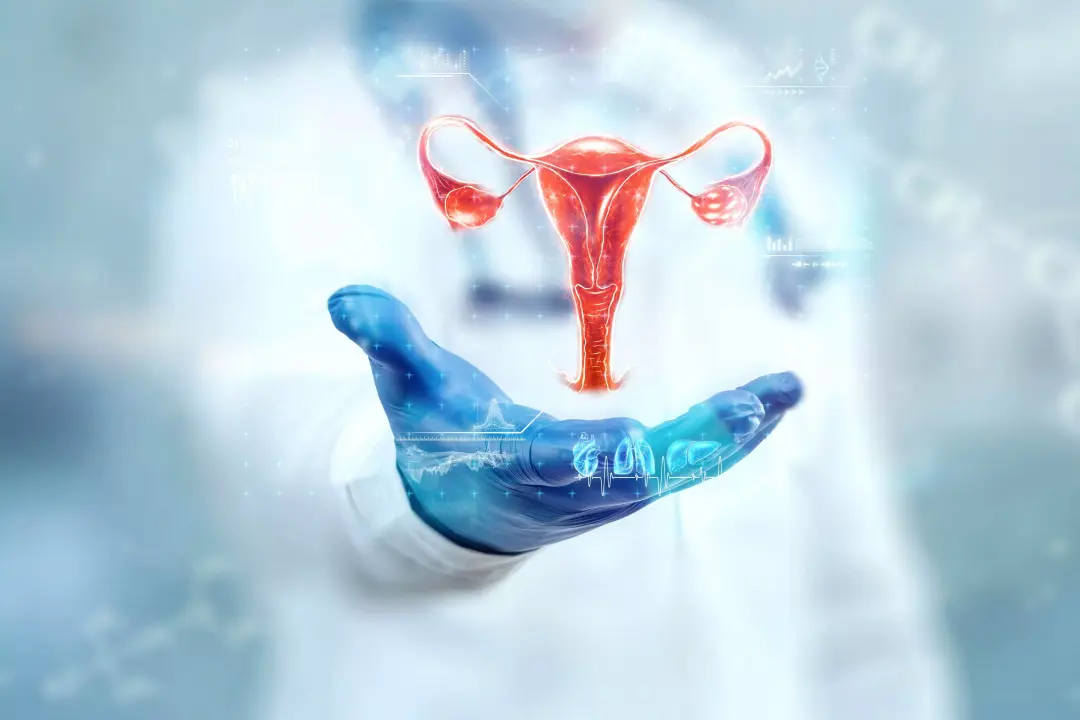Infertility affects millions of women across the globe and can present challenges for individuals trying to conceive. IVF, or in vitro fertilization, has emerged as a widely utilized solution to address infertility. Here is more information on IVF’s impact on female infertility, focusing on its mechanisms, potential benefits, and its role in addressing common reproductive difficulties:
Understanding IVF
IVF is a medical procedure designed to assist individuals in achieving pregnancy. The process begins with ovarian stimulation, where specific medications stimulate the ovaries to produce multiple eggs. Once the eggs are mature, a specialist retrieves them through a minimally invasive procedure.
These eggs are then fertilized with sperm in a controlled laboratory environment, where they develop into embryos. Following this, a selected embryo is transferred into the uterus, aiming to achieve implantation and, subsequently, pregnancy. The procedure allows fertilization to take place outside the body, offering individuals a path to conception in cases where natural fertilization proves challenging.
Exploring Potential Benefits
IVF offers several potential advantages for individuals experiencing infertility. One notable aspect is its ability to address a variety of underlying causes, including ovulation disorders, blocked fallopian tubes, and diminished ovarian reserve. By bypassing obstacles to natural fertilization, this procedure provides an opportunity for conception that might otherwise not be possible.
IVF allows for the use of advanced techniques such as intracytoplasmic sperm injection (ICSI) and preimplantation genetic testing (PGT). ICSI involves injecting a single sperm directly into an egg, which can assist individuals with certain male factor infertility issues. PGT helps identify embryos with normal chromosomal structures, improving the likelihood of a successful pregnancy. This procedure also empowers individuals by offering options such as egg freezing and the use of donor eggs or sperm. These choices provide flexibility for those with specific fertility needs or conditions.
Addressing Common Challenges
Female infertility can result from various factors, including hormonal imbalances, endometriosis, and age-related issues. In vitro fertilization has been employed to address these challenges in numerous ways. Women with ovulatory disorders, such as polycystic ovary syndrome (PCOS), may benefit from IVF following ovulation induction. Similarly, individuals with endometriosis may find this procedure helpful, as it bypasses the pelvic environment, where tissue growth associated with the condition may interfere with natural conception.
IVF also plays a role for individuals facing age-related infertility. The chance of natural conception declines as age increases due to changes in egg quantity and quality. IVF, paired with techniques such as egg freezing at an earlier age, offers an approach to overcome age-related barriers.
Find a Fertility Specialist
IVF has transformed the possibilities for individuals experiencing female infertility, offering tangible solutions for a wide range of reproductive challenges. By combining medical expertise and advanced techniques, IVF continues to provide hopeful pathways for those looking to start or grow their families. Although each individual’s experience may vary, the availability of in vitro fertilization has expanded opportunities for addressing infertility. Those interested in exploring IVF should connect with a qualified medical professional specialized in reproductive health to learn more about the process and how it could apply to their circumstances.
- Choosing the Right Plastic Surgeon for Your Cosmetic Procedure
- Understanding Different Types of Laser Treatments for Skin Rejuvenation
- Why a Family Dentist is Key for Maintaining Oral Health
- The Benefits of Regular Visits to a Wellness Spa
- Exploring the Emotional and Psychological Triggers of Eating Disorders


Leave a Reply